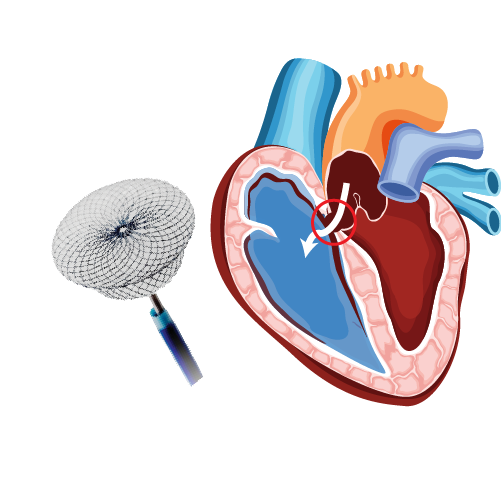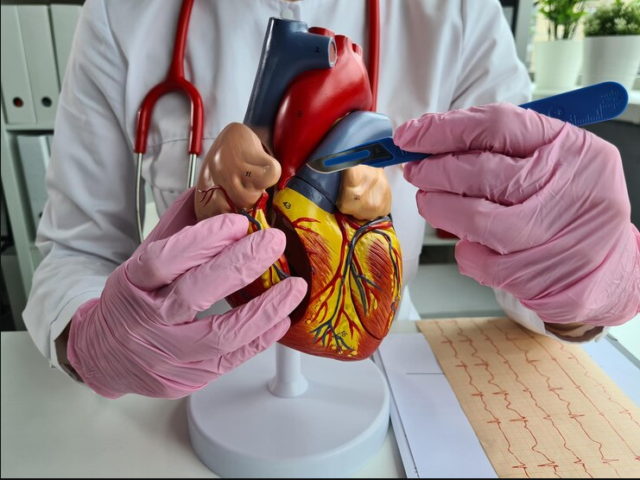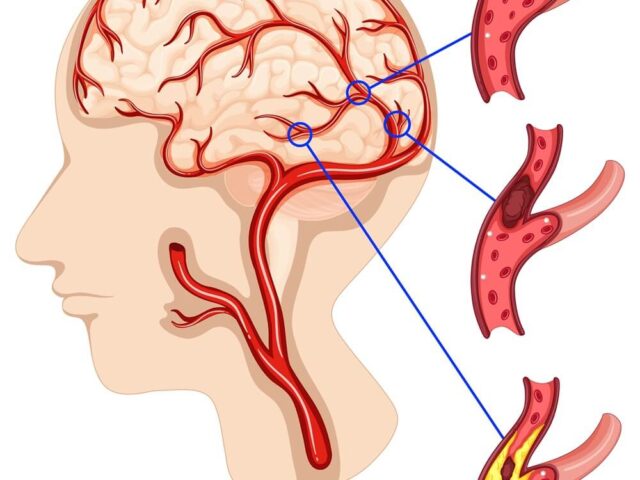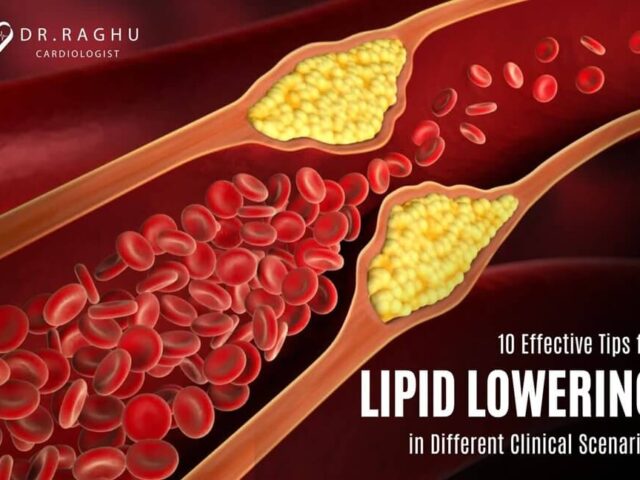Early-Stage Blood Clots Symptoms in the Heart
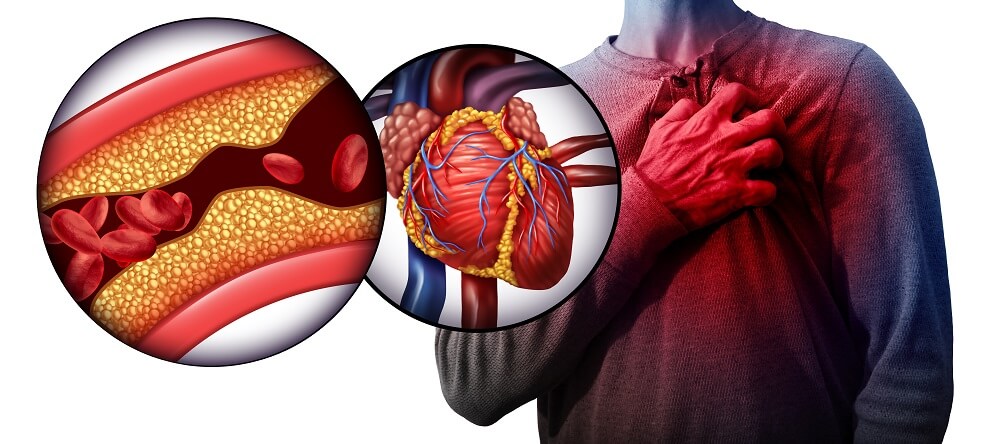
Blood clots are a potentially dangerous condition that can form in the veins or arteries of the body. While blood clots are a natural response to injury, they can cause life-threatening complications if they occur in critical areas of the body, such as the heart, lungs, or brain.
For instance, blood clots in the heart can result in cardiac arrest and even heart failure. Understanding the symptoms and risks of blood clots can help individuals take appropriate steps to prevent or manage this condition. Early detection gives you time to consult a heart specialist and get the necessary treatment.
Risks Factors of Blood Clots
Several factors can increase an individual’s risk of developing a blood clot. Some of the most common risk factors include:
- Age: As individuals age, their risk of developing blood clots increases.
- Family history: Individuals with a family history of blood clots are more likely to develop the condition themselves.
- Sedentary lifestyle: Being inactive for extended periods, such as sitting for long periods, can exacerbate the risk of blood clots.
- Obesity: Being overweight or obese can increase the risk of blood clots.
- Smoking: Smoking can damage the lining of blood vessels, making you more vulnerable to blood clots.
- Medical conditions: Certain medical conditions, such as cancer, diabetes, and heart disease, can put you at risk of blood clots.
- Medications: Certain medications, such as birth control pills or hormone replacement therapy, can result in blood clots.
- Surgery: Surgery, particularly if it involves the legs or pelvis, can increase the risk of blood clots.
Different Body Parts Where Blood Clots Can Form
Blood clots can form in any part of the body, but they are most common in the deep veins of the legs (a condition known as deep vein thrombosis).
Other areas where blood clots can form include:
- Lungs: When a blood clot travels to the lungs, it can cause a potentially life-threatening condition called pulmonary embolism.
- Brain: Blood clots forming in the brain can cause a stroke, leading to long-term disability or death.
- Heart: Blood clots that form in the coronary arteries can cause a heart attack.
- Abdomen: Blood clots in the mesenteric arteries, which supply blood to the intestines, can cause a severe condition called mesenteric thrombosis.
- Arms: Blood clots can form in the veins of the arms, causing a condition called thrombophlebitis.
Blood Clots in the Heart: A Closer Look
When there is a blood clot in the heart, it can block the flow of blood to the cardiac muscles, causing a heart attack. The heart muscle requires a constant supply of oxygen-rich blood to function properly. When that is interrupted, the heart muscle can become damaged or die. The extent of the damage depends on the size and location of the blood clot and how long it takes to receive heart disease treatment.
If you don’t receive prompt treatment from a heart disease specialist, it can lead to serious complications, such as heart failure or abnormal heart rhythms. In some cases, the blood clot can break loose and travel to other parts of the body, causing a stroke or pulmonary embolism.
Signs of Blood Clots in the Heart
The devastating consequences discussed in the previous section make it crucial to recognize the early symptoms of a blood clot in the heart and seek medical attention immediately if you experience them.
Early diagnosis and treatment can help prevent serious complications and improve outcomes. Treatment for a blood clot in the heart may include medications to dissolve or prevent blood clots, procedures to remove the clot, or surgery to restore blood flow to the heart muscle. Sometimes, angioplasty in the heart may also be performed to ensure proper blood flow to cardiac chambers.
Early-stage blood clot symptoms in the heart can include:
- Chest pain or discomfort that may feel like pressure or squeezing
- Pain that spreads to the shoulders, arms, neck, jaw, or back
- Shortness of breath
- Sweating
- Nausea or vomiting
- Lightheadedness or dizziness
- Fatigue or weakness
Remember that not everyone experiences the same symptoms during a heart attack. Some people may not have any symptoms at all. Additionally, women, older adults, and people with diabetes may experience different or less typical symptoms than those listed above. Hence, it is always a good idea to visit a heart specialist for regular health checkups and screenings.
In Conclusion
Blood clots are a serious medical condition that can cause significant harm to an individual’s health. Understanding the risk factors, symptoms, and potential complications of blood clots is critical for early diagnosis and treatment. While blood clots can form in different areas of the body, early-stage blood clot symptoms in the heart, such as chest pain or discomfort, shortness of breath, and sweating, should be taken seriously and addressed promptly.
By adopting healthy lifestyle habits and seeking medical attention from a heart disease specialist, individuals can reduce their risk of blood clots and improve their overall health and well-being.
Dr. C Raghu is an eminent cardiologist in Hyderabad and one of the best-known TAVR experts in India. If you or anyone you know has been diagnosed with a cardiovascular ailment or is at risk, feel free to reach out to Dr. Raghu today.
Book Online Consultaion
Early-Stage Blood Clot Symptoms in the Heart
– Blog
Subscribe the Hearty Life Blogs

DR. RAGHU | Best Cardiologist in Hyderabad
Cardiology Coronary, Vascular and
Structural Interventions
Conditions & Diseases
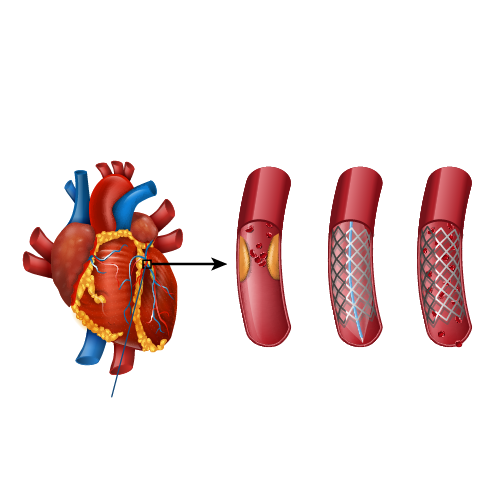
Angioplasty
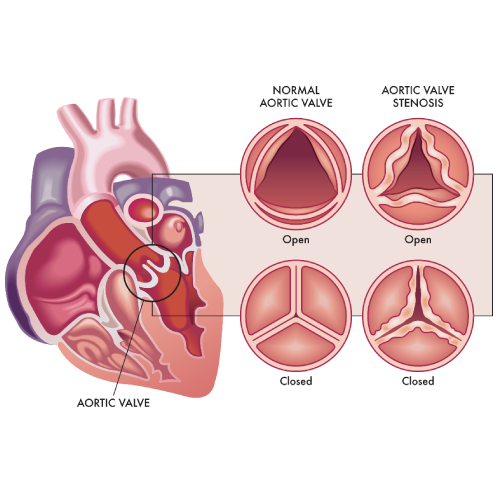
Aortic Stenosis
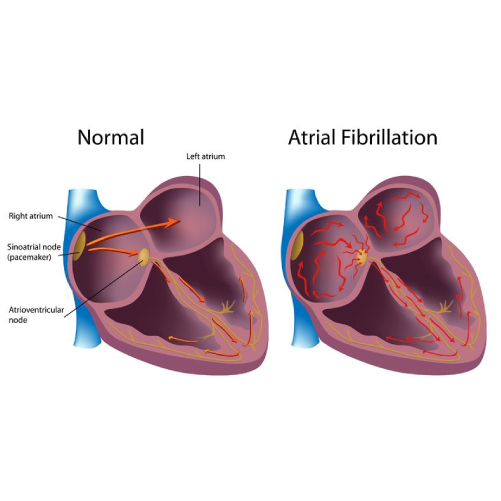
Atrial Fibrillation
